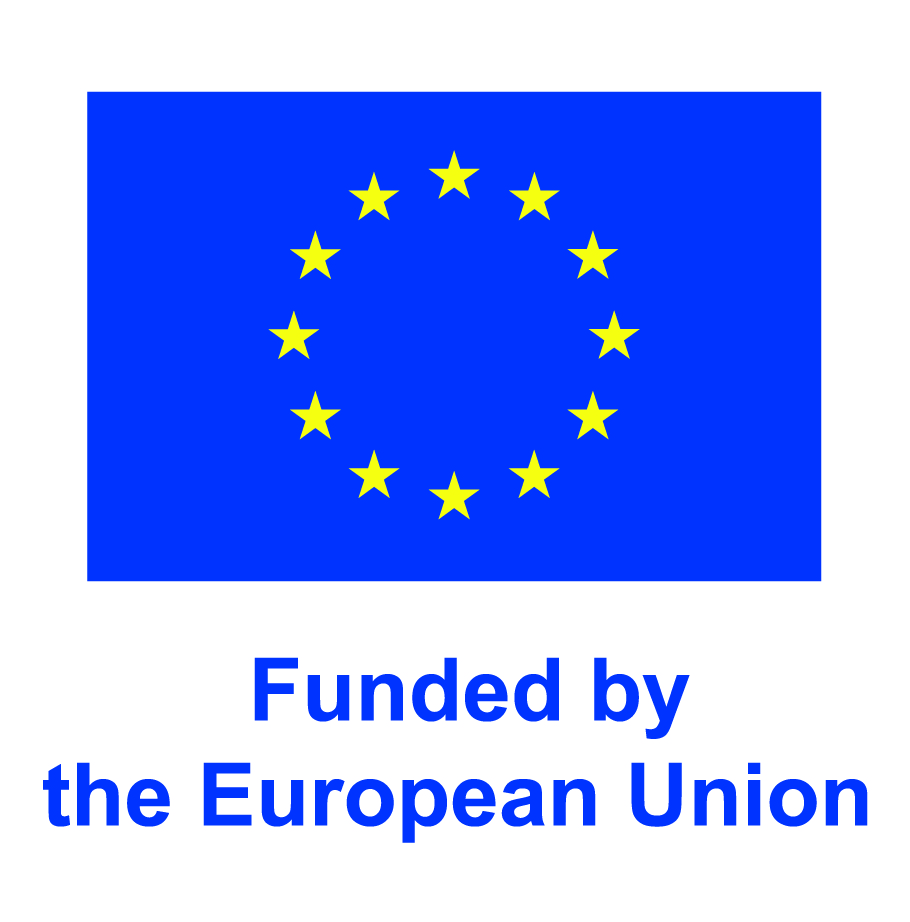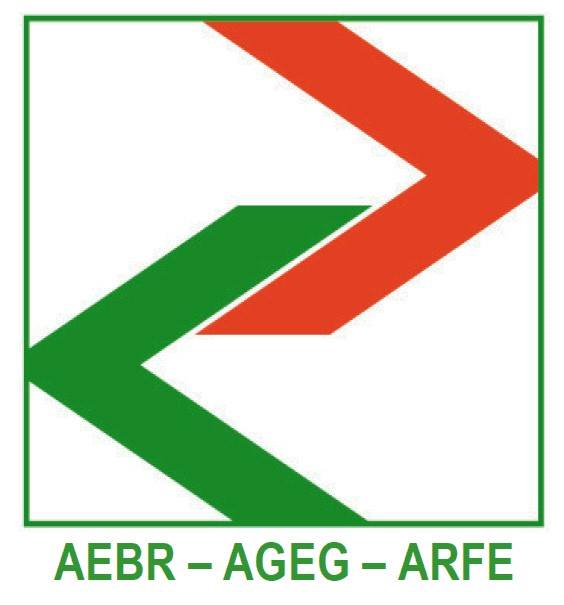My name is Ambre Badiqué. I am currently doing a volunteering experience as an Interreg Project Partner under the AEBR’s IVY programme with the NGO SMILO (Small Islands Organisation) in Marseille. As part of my academic studies, I did a double degree with TBS Education and Sciences Po Toulouse to obtain a Master’s in Management and a Master’s in European Affairs.
Since January this year, I have been working for SMILO, an NGO that supports small islands around the world in the sustainable management of their resources and the protection of their environments, both marine and terrestrial, through 5 areas: waste, water & sanitation, energy, biodiversity and landscape. I am responsible for following up the Dialogue4Nature (D4N) project, which is an institutional dialogue project under the European Interreg Euro-Med programme funded by the European Regional Development Fund (ERDF) as part of the cohesion policy.
As a reminder, Interreg Euro-Med is a European Territorial Cooperation Programme which aims to make the Mediterranean region “smarter”, “greener” and to improve governance between its stakeholders. The 7-year budget for this programme is 294 million euros. 14 countries on the northern shore of the Mediterranean are taking part: 10 EU Member States and 4 countries benefiting from the Instrument for Pre-Accession Assistance. The programme is divided into 4 missions:
Strengthening the innovative sustainable economy
Protecting, restoring and enhancing the natural environment and our heritage
Promoting green living areas
Improving sustainable tourism
The projects financed under this programme are either thematic projects directly linked to the 4 missions above or governance projects which are community or institutional dialogue projects and which oversee the thematic projects.
The D4N project aims to optimise the transfer and integration of the results of the 13 thematic projects selected for the Interreg Euro-Med mission “Protecting, restoring and enhancing the natural environment and our heritage” into public policies and practices. Within the framework of the project, the NGO SMILO is an associate partner of Plan Bleu, which is a partner in the D4N project. Plan Bleu is working alongside the Region of Crete, which is the project’s lead partner, as well as the IUCN, MedCities, the Autonomous Region of Sardinia, the Marine Institute in Croatia and the Ministry of Ecology, Planning and Urban Development in Montenegro. The 13 thematic projects are divided into three types: 3 study projects, 8 test projects and 2 transfer projects. They meet 2 specific objectives of the programme. There are 5 projects O.S 2.4: Promote adaptation to climate change and disaster risk prevention, resilience, taking into account nature-based approaches (priority “A greener Mediterranean”) and there are 8 projects O.S 2.7: Strengthen the protection and conservation of nature, biodiversity and green infrastructure, including in urban areas, and reduce all forms of pollution. (Priority for a greener Mediterranean).

In order to analyse how SMILO could support Plan Bleu in this institutional dialogue project, the first thing to do was to look at the issues addressed and the link with SMILO, so as to be able to contribute actively to the D4N project.
The 6 areas are the following:
Managing the risks associated with the effects of climate change,
Protecting and restoring the marine environment
Reducing human pressures on coastal zones
Solutions and tools for wetlands
Forest management
Soil carbon capture
Of the 6 topics, the first 3 are dealt with by SMILO as part of its work with the islands in its network.
Under the topic of “managing the risks associated with the effects of climate change”, the projects deal with drought, flooding, rising sea levels and fires. These are risks on which SMILO is working with the islands in its network, as they are highly vulnerable to the consequences of climate change and need to develop resilience. It could therefore be interesting to discuss these projects with their managers in order to exchange best practice, to see what has already been put in place on the SMILO islands and to see how the specific nature of islands can be integrated into their projects.
Under the theme of “protecting and restoring the marine environment”, projects focus on marine protected areas (MPAs) and Posidonia meadows. Many of the SMILO islands have MPAs. We will therefore be able to contribute to the project on these areas.
Finally, with regard to the topic of “Reducing human pressures on coastal areas”, one project focuses on the sustainability of ports, an element that is always present in our islands. Increased collaboration between the stakeholders of this project and SMILO will therefore be relevant.
At the moment, the 13 thematic projects are only just beginning, and so is D4N. In order to promote the integration of results into public policies, the stakeholders in the 13 projects will soon be brought together in 4 working groups, namely “Conservation by area”, “Adaptation to climate change and mitigation”, “Assessment of the socio-economic value of biodiversity” and “Ecosystem restoration and nature-based solutions”. I will be taking part in these groups to see how SMILO can make its contribution by integrating issues relating to island territories into the discussions.
– Ambre, IVY Project Partner for the Interreg Euro-MED project “Dialogue4Med Nature” at the Small Islands Organisation (SMILO)


